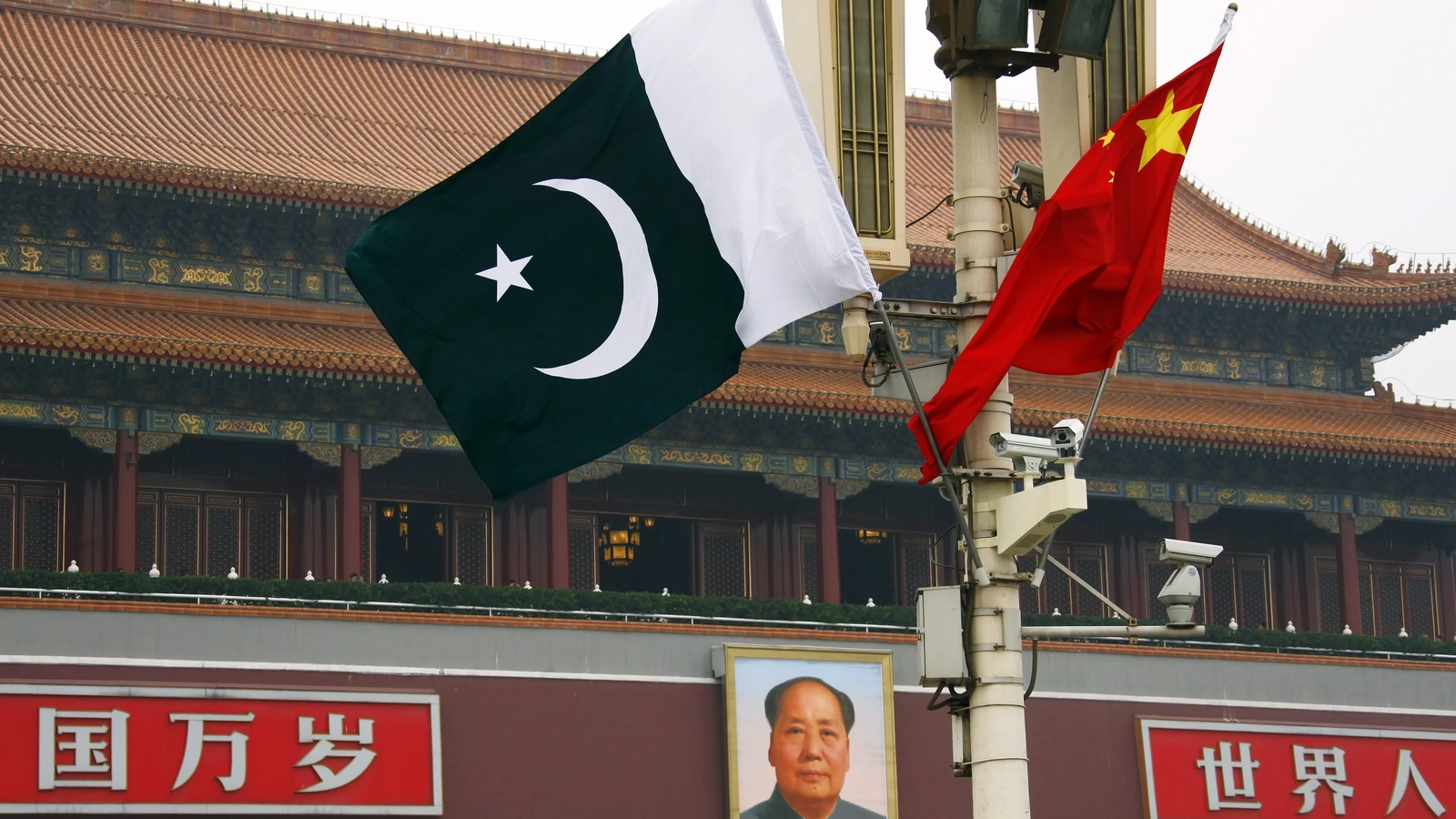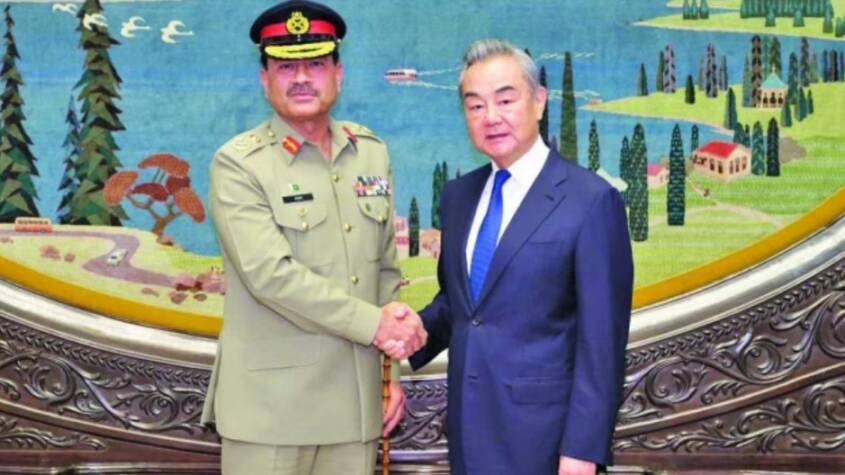The Islamabad High Court (IHC) has demanded a clear stance from the federal government regarding whether the trial of Pakistan Tehreek-e-Insaf (PTI) chairman and former Prime Minister, Imran Khan, in a military court is under consideration. This development comes amidst growing concerns from Khan’s legal team over the possibility of military detention and trial under the provisions of military law.
The Petition and Legal Proceedings
The petition challenging the potential military trial was heard by Justice Mian Gul Hasan Aurangzeb of the Islamabad High Court. Imran Khan’s lawyer, along with the Additional Attorney General, appeared before the court to argue the case. The core of the petition stems from statements issued by the Director-General of the Inter-Services Public Relations (DG ISPR) suggesting the possibility of civilian trials in military courts under certain circumstances.
Justice Mian Gul Hasan Aurangzeb, during the proceedings, emphasized the gravity of the issue, remarking that Imran Khan is a civilian and the trial of a civilian in a military court is a serious matter of concern for both the petitioner and the court. This comment was made in response to arguments put forth by Imran Khan’s legal counsel, who expressed fears that his client might face prosecution in a military court.
The Court’s Directives
Justice Gul Hasan called for clarity from the federal government, instructing the Additional Attorney General to consult with the relevant government authorities. He stressed that the court needs a definitive answer on whether the military trial of Imran Khan is being considered. Justice Aurangzeb stated that the legal team representing the federal government should provide a clear stand on the issue and present any orders or plans being contemplated by the government regarding such a trial.
The court was keen to underline the importance of transparency in this matter. Justice Mian Gul Hasan noted that if no military trial is under consideration, the petition would become moot, but if any such possibility is on the table, the court would take up the matter for detailed examination. The judge further pointed out that there is a Supreme Court ruling on the trial of civilians in military courts, implying that any such decision would require careful legal scrutiny and justification.
Legal Arguments and Concerns
During the hearing, the Additional Attorney General raised objections to the petition, arguing that the court should first address the legal admissibility of the petition itself. However, Justice Gul Hasan overruled these objections, stating that the court would prioritize addressing the core concerns raised by the petitioner.
Imran Khan’s legal team has voiced apprehensions about the government’s potential recourse to military courts for prosecuting civilians under certain legal provisions. This is particularly significant in light of Pakistan’s legal history, where military courts have previously been invoked under special circumstances, including cases involving terrorism or national security threats.
The Role of Military Courts in Pakistan
Military courts in Pakistan have historically been used to prosecute cases related to terrorism and serious offenses under the Pakistan Army Act. The legal provision to try civilians in military courts has been a contentious issue, often leading to debates on the jurisdiction and appropriateness of such courts for civilian trials. In 2015, following the tragic attack on the Army Public School in Peshawar, Pakistan reintroduced military courts for the trial of terrorism-related cases. However, this arrangement was seen as a temporary measure and was later discontinued in 2019.
The question now is whether the government might extend this jurisdiction to include high-profile political figures like Imran Khan. The legal framework for this has yet to be clearly articulated by the authorities, leading to uncertainty and anxiety within the political landscape.
Next Steps
The Islamabad High Court has adjourned the case until September 16, giving the federal government time to respond with a clear and formal stance on the issue. Meanwhile, the court has removed the objections raised by the registrar’s office regarding the petition and directed them to assign a case number for future proceedings.
This case is being closely monitored by political analysts, legal experts, and civil society organizations due to its potential implications for the rule of law, civilian rights, and the separation of military and civil jurisdictions in Pakistan.
As the legal battle unfolds, the focus remains on whether the federal government will move forward with a military trial for Imran Khan or if such discussions will be dismissed entirely. The Islamabad High Court’s call for clarity is a significant step toward ensuring transparency in this high-stakes case. Whether Imran Khan faces trial in a civilian or military court could set a precedent for the treatment of political figures in Pakistan’s legal system, especially in cases involving national security or accusations of serious misconduct.



